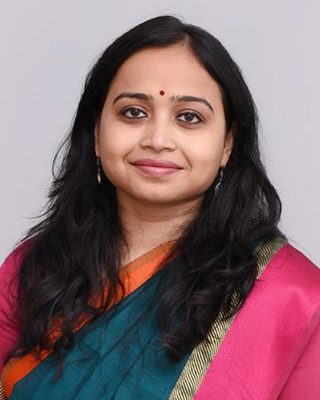A "high-risk" pregnancy means a woman has one or more things that raise her — or her baby's — chances for health problems or preterm (early) delivery. A woman's pregnancy might be considered high risk if she: is age 17 or younger. is age 35 or older. Women with high risk pregnancies are counseled to be especially attentive to their health, eat a nutritious diet, gain a proper amount of weight and avoid any risky substances or medications.
Our Doctors
We have some of the best specialists from around the world, they bring years of experience and offer evidence-based treatment to ensure the best care for you.




